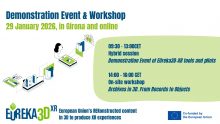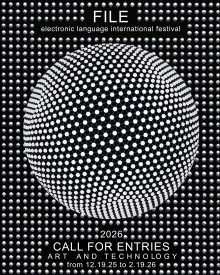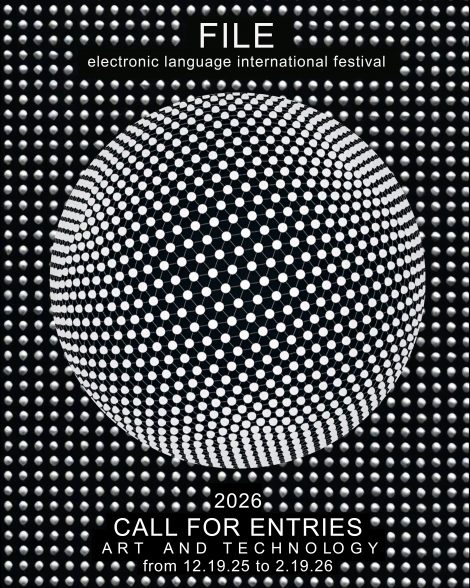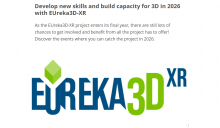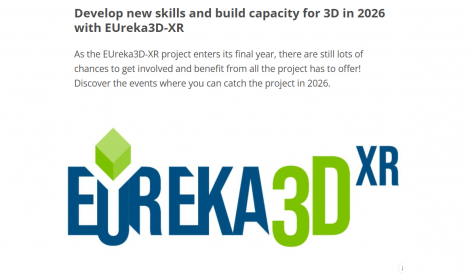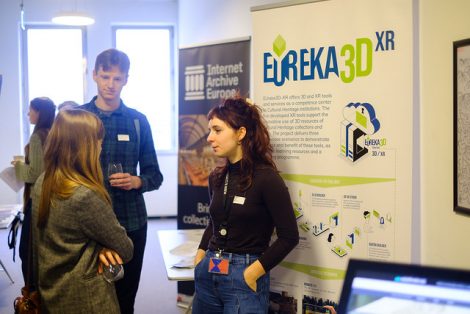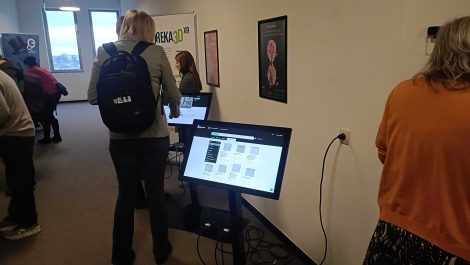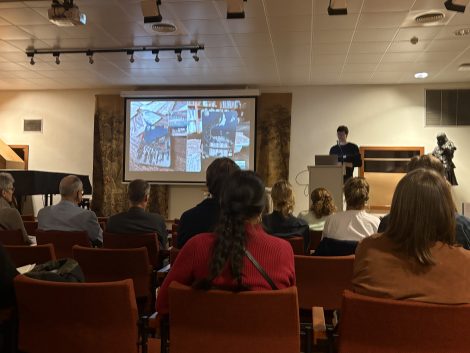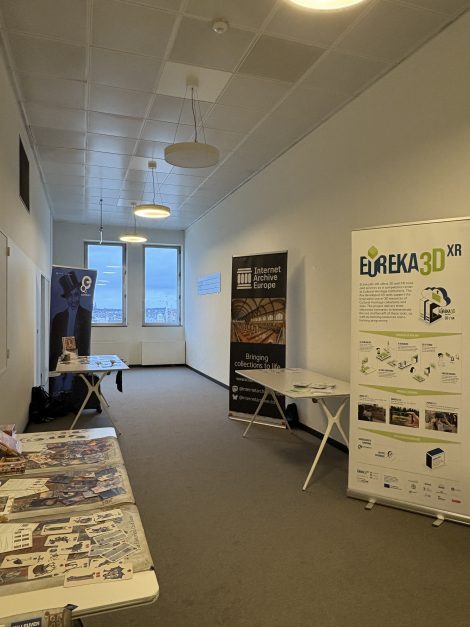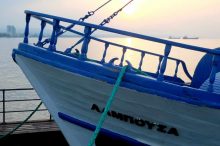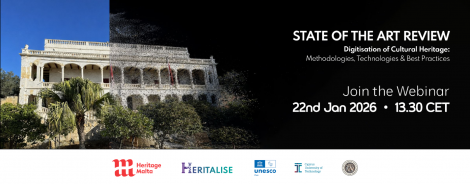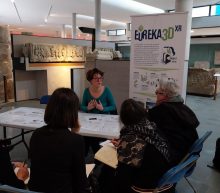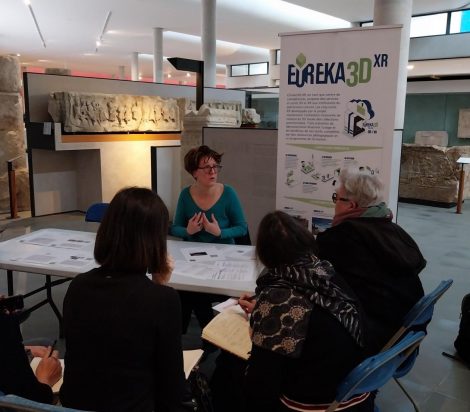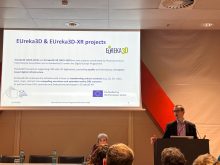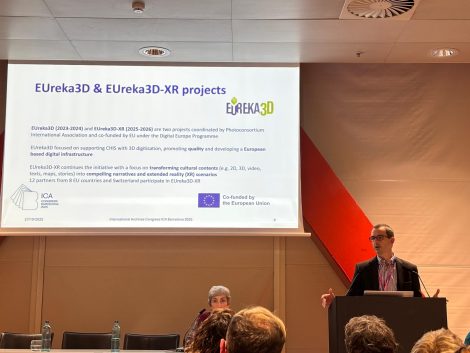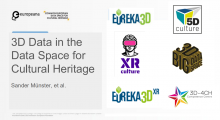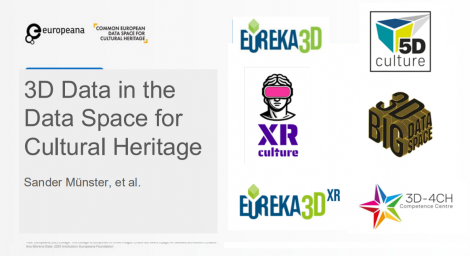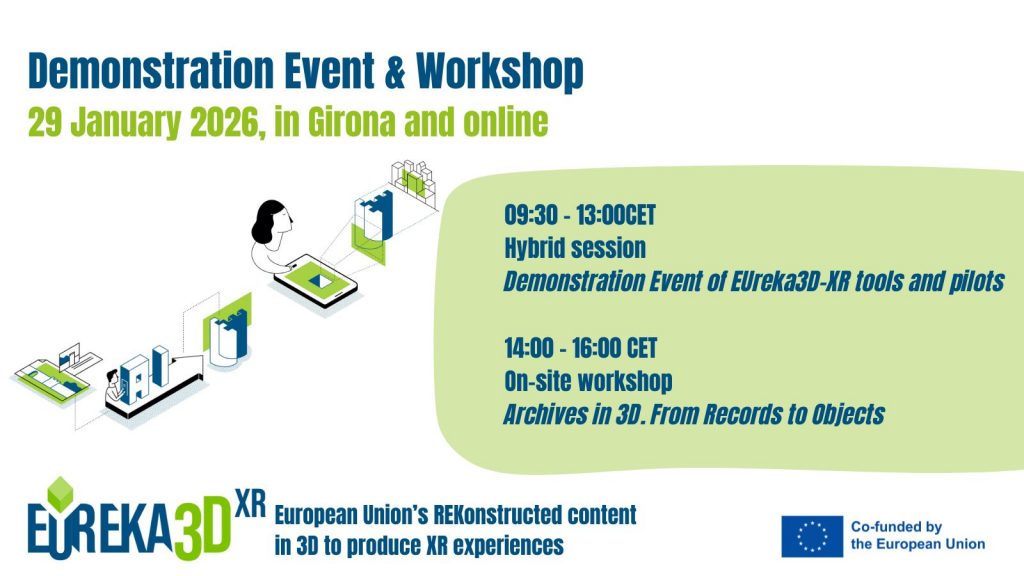
With over 50 participants on site and a equal number of attendees online, EUreka3D-XR organized a Capacity Building and demonstration event. The demonstration comes at a moment when the project’s progress in the development of tools and pilot scenarios has become both visible and significant, offering tangible insights into how 3D and XR technologies can serve the cultural heritage sector.
Recordings are available on the project website.
29 January 2026, 9.30 – 18.00h (CET)
In Girona and Online
Venue: El Modern, Girona
Cultural Heritage professionals, archivists, researchers, and students of these fields were invited to an open event showcasing the outcomes of the project and mainly focusing on the innovative tools developed to enhance access and engagement with digital cultural heritage through 3D and Extended Reality (XR) technologies.
The day was divided into two parts: a morning hybrid session, focused on demonstrations of the EUreka3D-XR tools and discussion on pilot scenarios; and an afternoon on-site workshop, dedicated to archivists and focused on hands-on experimentation with one of the project’s tools.
Programme
Morning session h. 9-13
- 9.00h – Welcome coffee
- 9.30h – Welcome message by Lluís-Esteve Casellas (Head of Department of Records Management, Archives and Publications at Girona City Council) and David Iglésias (Head of Department of Photography and Audiovisual Records at Girona City Council)
- 9.35h – Introduction by Antonella Fresa, EUreka3D-XR Project Coordinator
- 9.45h – EUreka3D-XR toolbox demonstration, by Angelo Belfiore, Francesco Generali (Swing:It), Leonidas Mavrotas (NTUA), Nedjma Cadi (MIRALab)
- 10.45 – The common European data space for cultural heritage: 3D and XR, by Albert Verhaar (Europeana)
- 10.55h – Q&A
- 11.10h – Round table The potential of 3D for Cultural Heritage, by David Iglésias (CRDI – Ajuntament de Girona), Vincent Guichard (Bibracte), Maria Paphiti, Drew Baker (CUT), Albert Sierra (Agència Catalana del Patrimoni Cultural)
- 12.10h – The Augmented Reality experience in the Iberian City of Ullastret, by Laura Romero (Museum of Archaeology of Catalonia), Miquel Lleixà (Digital Policies Department – Generalitat de Catalunya)
- 12.30h – Q&A and end of morning session
- 12.45–14.00h – Lunch break
14-18h – Afternoon on-site workshop (English and Catalan): Archives in 3D. From Records to Objects
More information: https://eureka3d.eu/demonstration-event-workshop/


